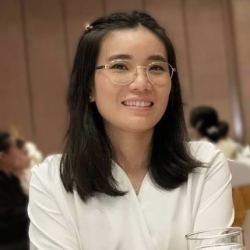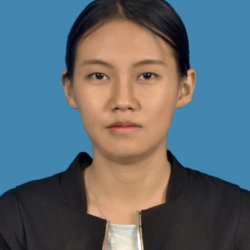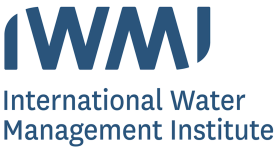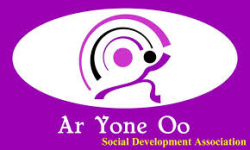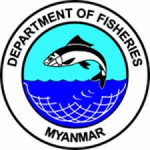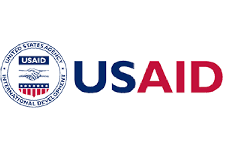Feed the Future Burma Fish for Livelihoods project aims to intervene in the small-scale rural aquaculture sector by building the capacity of different actors along the value chain through innovative technologies, knowledge, and better management practices. This will be supported by activities that strengthen key institutions – public and private and build effective partnerships and linkages among various actors. Support will be provided also to the government and policy makers to influence more favorable and inclusive policies and regulations. Further credit and financial opportunities for small-scale aquaculture farmers will be explored and introduced. All these activities together aim at re-novating the aquaculture sector and creating innovative business models that work. The activities on the production will be accompanied by intervention in the market to facilitate the engagement of smallholder farmers and to integrate best aquaculture practices in the production, processing, and trading of fish, and fish products. The interventions in the production and market will be complemented by nutrition and WASH activities. These will be aimed at educating the local actors at institutional, community, and individual levels for better consumption behaviors.
The change at the input level to the activities will happen with the engagement of qualified human resources, knowledge, technological packages, best practices, structures, and tools to build testing and piloting facilities, and strategic partnerships with stakeholders. From activities to output, a foresight analysis and high-quality research on key components influencing the production of the SSA, such as; natural resources use, feed and seed, production and management practices, value chain, nutrition, institutional capacity, regulatory framework will be carried out to reflect the change. Moreover, the dissemination of technologies and Best Aquaculture Practices (BAPs) by strengthening existing public and private institutions and frameworks, and building effective and robust partnerships and platforms to support extension, integration of gender, and capacity development will be carried out at the output.
At the higher level for outcomes, the project will influence changes in behavior, policy/regulatory, and investment frameworks to support wider adoption and scaling for a more inclusive and sustainable aquaculture sector. In addition to that, sustained private and public sector/government investment growth in aquaculture research and development to support existing and new innovative models, improved policies, and increased institutional performance for a greater impact at a higher scale.
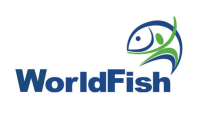



.jpg)

